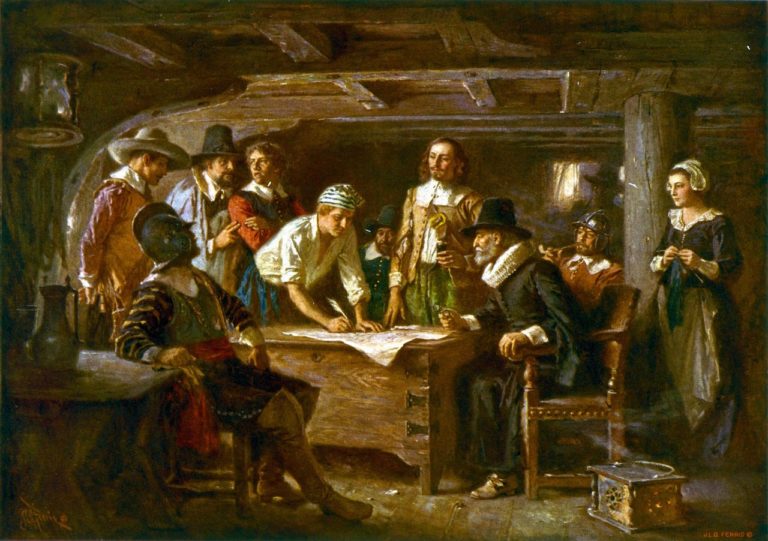Ancestral Stories- Running Away and the “Lynch Laws”
This is another story about my ancestors.
This is another story about my ancestors.

In my last writing about the relatives on the Mayflower, which you can find HERE, I talked about William Bradford and mentioned he worked with William Brewster. This is about Brewster and his trip aboard the ship “Mayflower.” On that trip he brought his wife and two sons. Yes, they were actually named Love and…